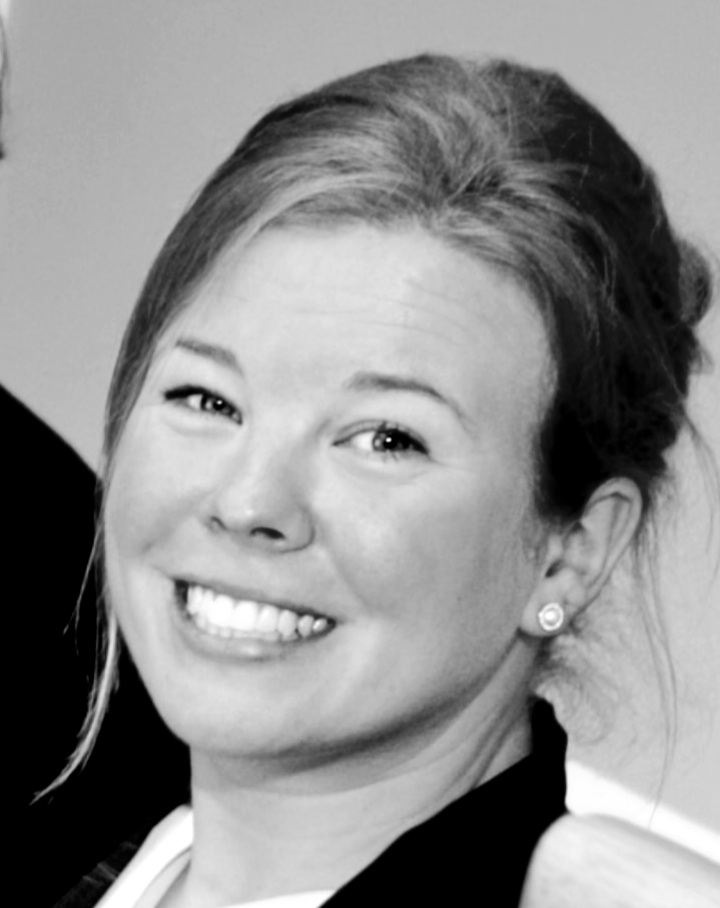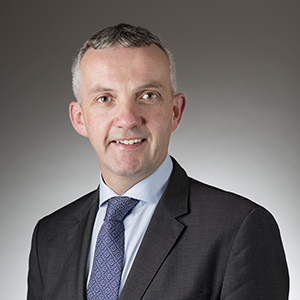-
Courses

Courses
Choosing a course is one of the most important decisions you'll ever make! View our courses and see what our students and lecturers have to say about the courses you are interested in at the links below.
-
University Life

University Life
Each year more than 4,000 choose University of Galway as their University of choice. Find out what life at University of Galway is all about here.
-
About University of Galway

About University of Galway
Since 1845, University of Galway has been sharing the highest quality teaching and research with Ireland and the world. Find out what makes our University so special – from our distinguished history to the latest news and campus developments.
-
Colleges & Schools

Colleges & Schools
University of Galway has earned international recognition as a research-led university with a commitment to top quality teaching across a range of key areas of expertise.
-
Research & Innovation

Research & Innovation
University of Galway’s vibrant research community take on some of the most pressing challenges of our times.
-
Business & Industry

Guiding Breakthrough Research at University of Galway
We explore and facilitate commercial opportunities for the research community at University of Galway, as well as facilitating industry partnership.
-
Alumni & Friends

Alumni & Friends
There are 128,000 University of Galway alumni worldwide. Stay connected to your alumni community! Join our social networks and update your details online.
-
Community Engagement

Community Engagement
At University of Galway, we believe that the best learning takes place when you apply what you learn in a real world context. That's why many of our courses include work placements or community projects.
Obesity (Nursing) (MHSc/PDip)
Course Overview
This masters programme for nurses provides a broad and comprehensive curriculum that is clinically relevant and that also has a strong theoretical basis. It has been developed in parallel with the MSc in Obesity, but has been adapted to meet the needs of nurses seeking to specialise in obesity care and is delivered through the School of Nursing at University of Galway. Obesity is a major health problem, both for affected individuals and for society. There is a growing awareness of the need to provide effective treatments and prevention strategies. Our motivation in developing this programme at University of Galway is two-fold: To inform better, evidence-based, compassionate and dignified nursing care to patients affected by obesity and related disorders and secondly to inform better population level strategies to mitigate the obesity epidemic.
This “two-pronged” approach is a strong theme throughout the programme, reflected in the two distinct obesity modules that form part of the core learning. Our students will develop in-depth knowledge of the various therapeutic strategies available to patients and will understand the factors underlying variations in the obesity phenotype. Students will also appreciate the potential benefits and disadvantages of various population level strategies that can be formulated to address the obesity crisis, and the societal, political and legislative challenges faced in deploying these.
The School of Nursing at University of Galway is uniquely well placed to deliver this course, which forms part of an integrated suite of masters programmes including cardiovascular disease prevention, diabetes and clinical research. It will be delivered by clinical academic staff attached to the regional bariatric service, providing multidisciplinary medical, nursing, surgical, dietetic and psychological care to patients with severe and complicated obesity. By utilising already well established core academic nursing modules, its relevance to advanced nursing practice and health service leadership development is enhanced.
Please note that NBMI approval for funding for this course is currently pending.
Applications and Selections
All prospective candidates will be interviewed by telephone or Skype. Selection will be made by the programme director on the basis of the applicant’s written application and interview. To be considered for admission to the programme, applicants must meet the admission criteria outlined in the key facts section. Applicants will be evaluated on:
- Their academic record
- Their level of motivation and suitability based on their Personal Statement (submitted as part of the application)
Supporting documentation required to complete application:
- A copy of current NMBI registration.
- Copies of academic transcripts from completed educational courses.
- Copies of official awards (parchments) from completed educational courses.
- Written commitment/memorandum of understanding or equivalent from the director of nursing/employer to support the student during the clinical practicum.
The programme is delivered using a blended learning format, combining on-line learning and face-to-face workshops. In addition this course has a core clinical requirement. The course assessments therefore reflect this approach by using a combination of continuous assessment through examining the students’ online e-tivities, traditional essays, formal module exams, clinical portfolio review and assigned project activities.
Who Teaches this Course
In addition to the faculty of the College of Medicine, Nursing and Health Sciences (CMNHS), the Programme Board for the Masters of Health Sciences Diabetes play an active role in teaching on this course including:

View Profile
Requirements and Assessment
Assessment: a combination of continuous assessment through examining the students’ online e-tivities, traditional essays, formal module exams and assigned project activities.
Key Facts
Entry Requirements
To be considered for entry to the programme applicants must have a 2.1 degree and meet the following entry requirements:
- be registered as a general nurse
- hold an active general nursing registration
- have a minimum of one year’s post-registration experience
However, there will be special consideration for cases where applicants have demonstrated aptitude for the course material through three years of high-level experience in an obesity-related field (relevant to their background).
Candidates coming to Ireland from abroad, or who do not have a degree from Ireland or the UK, will be asked to provide evidence of an acceptable result in one of the recognised English language proficiency tests, e.g., IELTS total score of 6.5.
Additional Requirements
Recognition of Prior Learning (RPL)
Duration
2 years, full-time MHSc ; 1 year, full-time PDip
Next start date
September 2025
A Level Grades ()
Average intake
5
QQI/FET FETAC Entry Routes
Closing Date
No set closing date. Offers made on a continuous basis
NFQ level
Mode of study
ECTS weighting
90
Award
CAO
Course code
MHSC-OBN; PGD-OBN
Course Outline
This programme aims to prepare nurses to contribute to obesity nursing practice. The essence of bariatric nursing is the provision of individualised care to affected patients. This requires nurses to have specialist knowledge and skills that meet the physical, psychological, mental and social needs of patients and their relatives. The multi-faceted nature of bariatric nursing in clinical care settings encompasses the whole spectrum of care, from prevention to diagnosis and treatment, as well as chronic disease management. Therefore, this course encompasses a broad ethos and theoretical framework.
The course is delivered through blended learning (online content and face-to-face workshops), with an attendance requirement of approximately 10 days per four-month semester. (Please note some workshops may be scheduled at weekends.)
Year 1 is theoretical/ clinically based and represents 60 ECTS credits which is equivalent to a Postgraduate Diploma in Obesity at completion (which students can exit with, if they wish, at the end of Year 1). Year 2 is research thesis based which builds on the knowledge and skills learned in Year 1 and represents 30 ECTS credits, thus providing a total of 90 ECTS (Year 1 & 2) which is the requirement for the awarding of a Masters Health Sciences in Obesity.
Year 1
Semester 1
MD1700 Obesity in the Population (10 ECTS)
MD1701 Obesity in the Patient (10 ECTS)
NU623 Clinical Governance: Supporting Safe Practice (10 ECTS)
NU921 Clinical Competence 1 (0 ECTS)
Semester 2
NU502 Advanced Research Methods (10 ECTS)
NU6439 Service Improvement (10 ECTS)
HP 6101 Cardiovascular Health and Diabetes Prevention (10 ECTS)
NU922 Clinical Competence 2 (0 ECTS)
Year 2
Semester 1 & Semester 2
NU6515 Research Dissertation (30 ECTS)
Students’ clinical competency will be assessed by a practice portfolio (submitted at the end of Year 1, Semester 2). Students also complete practice focused assignments throughout the whole of the Year 1 programme [September to June]. In order to be eligible for the award of the Postgraduate Diploma in Nursing (Obesity) students must pass each module at 40% and pass the clinical practice portfolio.
The clinical practice component forms an integral part of the programme. Students are required to attain at least 1,000 hours specialist practice experience of working and caring for patients with obesity in a variety of environments over the programme. This includes consolidating the experiences and opportunities that are available in their own clinical environments. The student will be expected to engage in the assessment, planning, delivery and evaluation of care to patients with diabetes with the support of a designated preceptor agreed on with the programme director. To successfully meet the requirements of 1,000 hours of practice, the student will be required to work, for the duration of the first year of the programme, within practice settings that manage care for obesity patients. If required, it will be possible to arrange clinical placements with the Bariatric Medicine Service at the University Hospital Galway which will cover the full spectrum of Obesity Care.
Why Choose This Course?
Career Opportunities
On completion of the Postgraduate Diploma / Masters of Health Sciences Obesity, which are Level 9 NFQ awards, a registered nurse would be eligible to apply for clinical nurse specialist roles in obesity care in the primary care or hospital setting, in line with HSE strategic priorities to develop a comprehensive clinical programme for obesity.
Who’s Suited to This Course
Learning Outcomes
Transferable Skills Employers Value
Work Placement
Study Abroad
Related Student Organisations
Course Fees
Fees: EU
Fees: Tuition
Fees: Student levy
Fees: Non EU
* Yr 2 fees quoted are for new entrants of the course in AY25/26
Postgraduate students in receipt of a SUSI grant – please note an F4 grant is where SUSI will pay €4,000 towards your tuition (2025/26). You will be liable for the remainder of the total fee. A P1 grant is where SUSI will pay tuition up to a maximum of €6,270. SUSI will not cover the student levy of €140.
Find out More
Programme Director
Professor Francis Finucane,
Consultant Endocrinologist UHG HSE,
Professor of Medicine, College Medicine Nursing Health Sciences,
Clinical Science Institute, University of Galway.
E: francis.finucane@universityofgalway.ie
www.universityofgalway.ie/medicine-nursing-and-health-sciences/medicine/disciplines/medicine/stafflist/francisfinucane/
Programme endorsements

Professor Donal O'Shea | Clinical Lead, National Clinical Programme for Obesity
Postgraduate learning and education in the area of obesity is crucial for the delivery of appropriate prevention and treatment of overweight and obesity. The curriculum for this masters course will ensure better prepared health professional are equipped to deliver just that.

Tony Cox | Medical Director, Irish College of General Practitioners
The new MSc in Obesity at NUI Galway promises to be a very interesting course for general practitioners and the fact that it is delivered as a blended learning opportunity with most of the content online is welcome, especially in the situation we now find ourselves with COVID. The modules that are planned make absolute sense.in Connect with Tony
You may also be interested in...
Other programmes also offered within this suite of courses in Preventive Medicine and Cardiovascular Health include:


















